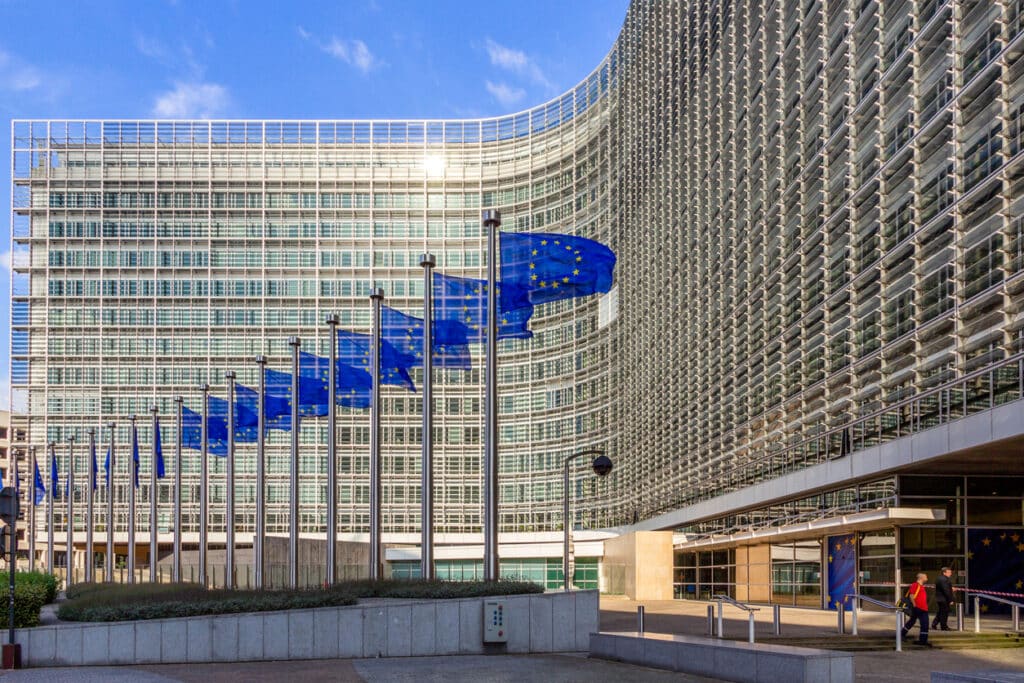European Union officials have reprimanded 26 of the EU’s 27 countries for failing to meet Brussels’ deadline to enact new protections for whistleblowers. The action further demonstrates the countries’ already weak commitment to shield corruption witnesses from retaliation.
Known as an “infringement” action, the European Commission announced on Feb. 9 it had sent formal notices to Portugal and Sweden for delaying the activation of their new whistleblower laws. The two countries met the EU’s deadline to pass the laws by Dec. 17. But the Commission cited them because their laws don’t take effect until this June 19 and July 17, respectively. If Portugal and Sweden do not fix the problem within two months, the Commission could escalate the situation by sending a formal request to comply.
In January the Commission sent formal notices to 24 other EU countries for missing the December deadline, which was set by an EU Directive passed more than two years earlier, in October 2019. Denmark and Lithuania passed new whistleblower laws before the deadline but they did not take effect in time. Cyprus, France and Latvia have since passed new laws.
Only Malta, which ironically has one of Europe’s poorest-performing whistleblower protection systems, is in full compliance with the Directive. Its law was passed on Nov. 16 and took effect on Dec. 17.
“The general lack of implementation by almost every EU member country will have repercussions for many years,” cautioned Theo Nyreröd, an anti-corruption and whistleblower expert affiliated with Brunel Law School in London. “This is troubling because experience shows that each country’s processes are quite unique, and ongoing learning is necessary for these laws to fulfill their potential.”
The EU initiates hundreds of infringement actions against member countries every year for failing to comply with new rules. A formal notice is the first step in a five-step process that can result in a country being fined and legally forced to comply. On Feb. 9, for example, the Commission took Sweden to the EU Court of Justice for failing to comply with EU gun control rules.
The Commission’s infringement action is the latest sign that the EU’s vaunted whistleblower protection Directive is not panning out as hoped. None of the seven new whistleblower laws passed so far include any specific mechanisms to protect employees from retaliation, or to compensate them for lost wages and other damages, WNN reported earlier this month. The laws do not say how an employee can apply for and obtain whistleblower status. Nor do the laws provide guidance for courts, where many if not most retaliation cases will be heard and decided.
In the first known court case adjudicated under one of these new laws, the Danish Supreme Court last month ruled against a city employee who exposed the improper withholding of retirement and disability benefits. Judges said the manner in which the employee reported the problem was not “necessary,” a highly subjective criterion in Denmark’s new law that WNN reported last September could pose problems for witnesses.
“It is especially worrying that some laws contain unspecified retaliation remedies,” added Nyreröd. “As most forms of retaliation are of a personal nature that are difficult for courts to remedy – such as ostracism, bullying and loss of relationships – it is unlikely that unspecified remedies would be a cause of celebration among employees considering blowing the whistle.”
